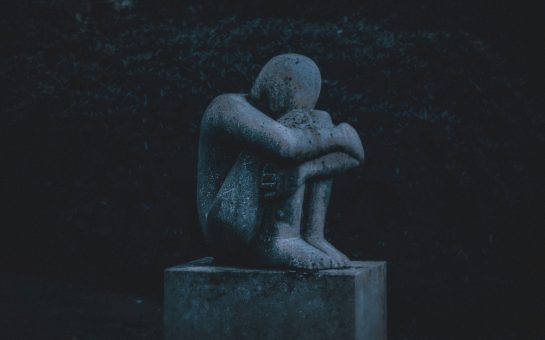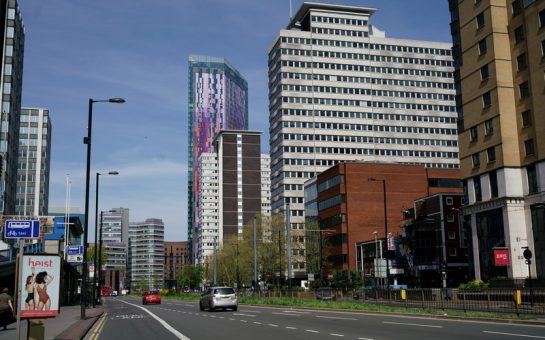When someone dies, whether it’s a loved one, a friend, neighbour or relative, there are many practical issues that need to be sorted out.
If the person was very close to you it can be very overwhelming, especially when you’ve got your own grief and shock to deal with at the same time.
For some people, having to arrange a funeral and do lots of other practical tasks is something that helps them with the grieving process.
However, others find it very difficult to cope in the immediate period after losing a loved one.
Knowing what to do at such an emotional time can be very helpful, and this post is going to outline the main areas you’ll need to cover from the day your loved one passes away.
What you need to do straight away
Knowing what to do in the first few hours after a loved one has died can be difficult.
You might not know what to do first and struggle to take the first steps.
While you’re waiting to collect the official paperwork from the hospital or the doctor, there are some things you can get on with, if you feel up to it.
It’s a good idea to start looking for any paperwork that might give you an idea of their funeral wishes or requests for body or organ donation.
Also, you might want to start calling family and friends to let them know what’s happened.
Something else that would be useful would be to activate the Mail Suppression Service.
This is a simple service that helps reduce junk and marketing mail.
Registering the death
Unless a coroner is involved, it’s usual for the hospital or deceased’s doctor to arrange collection of the Medical Certificate of Cause of Death (MCCD for short).
Once you’ve got this you can arrange to register the death with the registrar and complete the official registration of the death.
You must register the death in the county where the person died, not where they lived.
The registrar will give you various documents, including:
- Death certificates: These will be certified copies of the original entry which has to stay with the Registrar. You can request as many copies as you need, but you’ll be charged for each copy.
- Certificate for Cremation or Burial: This is more commonly known as the “Green Form” and allows the funeral director to officially go ahead with the funeral arrangements.
- BD8 – Registration of Notification of Death – DWP: This is not needed in all cases, for example, if you’re offered the Tell Us Once service to notify the Government organisations of the death.
Making the funeral arrangements
Once you hand over the “Green Form” to a funeral director you are entering into a contract for payment.
If you’ve found a Will or Letter of Wishes, these will give you an idea about what your loved one wants for their funeral.
If you know what they want it will be a weight off your mind and take some of the decisions out of your hands.
However, it can also be a concern, especially if there isn’t enough money or the requests are unrealistic.
It’s important to understand that funeral wishes in a Will aren’t legally binding and you don’t have to follow them if they’re not possible.
Building a picture of the estate
If you had Power of Attorney or managed the deceased finances you’ll probably have a good idea of how their estate is put together.
On the other hand, they may have been very organised and left a folder or filing cabinet containing all the information needed to look after the estate.
Don’t panic if this isn’t the case. You might need to do a little bit more investigating, but you’ll get there.
Take your time looking through any paperwork for banking details and other financial matters.
A good place to start would be to check in their purse or wallet for a debit or credit card, bank statement, or utility bill.
Letting everyone know
You’ll probably have more people to contact than you thought, and it can be hard to think of everyone.
It might help if you make a couple of lists: one for friends, family, and work colleagues and another one for professional contacts such as financial organisations, insurance companies, family solicitor, accountant, and financial adviser.
Working out if you need probate
Probate is only needed in certain circumstances, not just because there wasn’t a will or because the total value of the estate is high.
Different factors make probate a requirement, but in simple terms, it’s decided by the value of the individual sole assets within a person’s estate.
The final step
Once you’ve obtained probate, you can arrange for sole assets to be sold or transferred.
Before you hand anything over to the beneficiaries, you must make sure all debts are settled and the Inheritance Tax has been paid.
Remember this is only a guide and not all of it will apply in every case.
If you’re uncertain or have any questions, it’s always best to seek legal advice.




